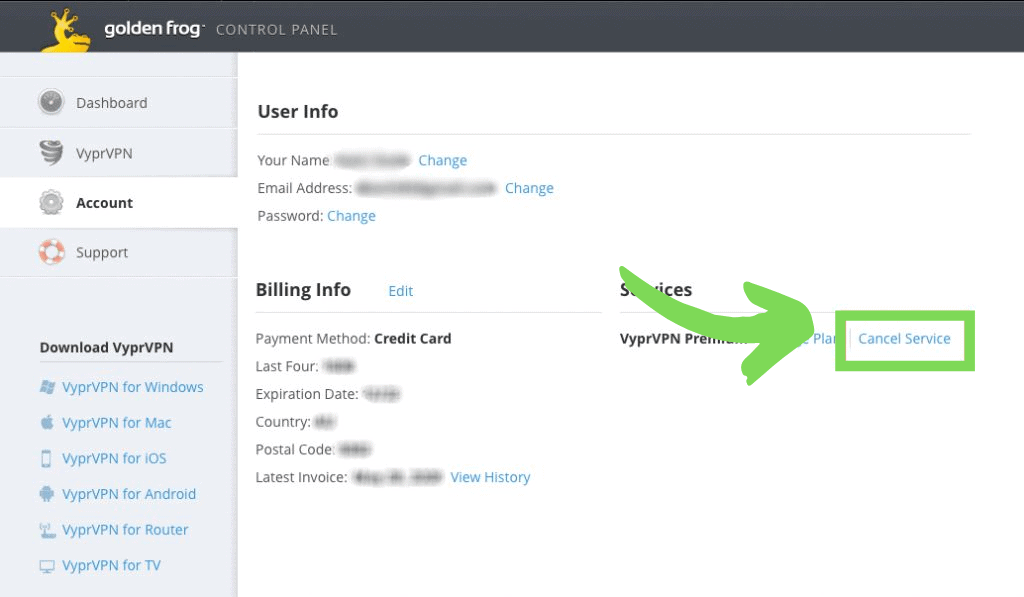

This suggests that a VPN host can track all internet activity for each and every individual as well as also identify what sorts of data are being downloaded and installed.Ī VPN company might establish their logging policies based on a range of factors.

VPN web servers are in charge of transmitting every bit of web traffic that comes through its network, so theoretically service providers can keep an eye on every internet request that is sent out or accepted. Type 3 - Activity Logs (Watch for This One)

By keeping connection logs, a service provider can track each session on their VPN (again, including your IP address). Some service providers implement constraints on their solution, such as for how long a connection can last or the number of synchronised links are permitted. These logs might consist of some individual details, such as username or IP address, yet are made use of solely for troubleshooting as well as enhancing the efficiency of the VPN. Logs that are recorded regarding user issues with the VPN. Making use of a a good VPN protocol is usually viewed as a workaround to stay clear of being kept track of by an access provider (ISP), however you need to know your VPN’s complete logging agreements prior to purchasing its solution.įor the purposes of this short article, we’re re going to split the idea of logging into 3 different parts: Type 1 - Troubleshooting Logs Some companies maintain logging is needed for troubleshooting and managerial functions, while others drift unmistakably into the turf of personal privacy intrusion (which is no less a concern among leading nations even in the digital era). What truly ought to matter to you is the sort of logs that a VPN host tracks.


 0 kommentar(er)
0 kommentar(er)
